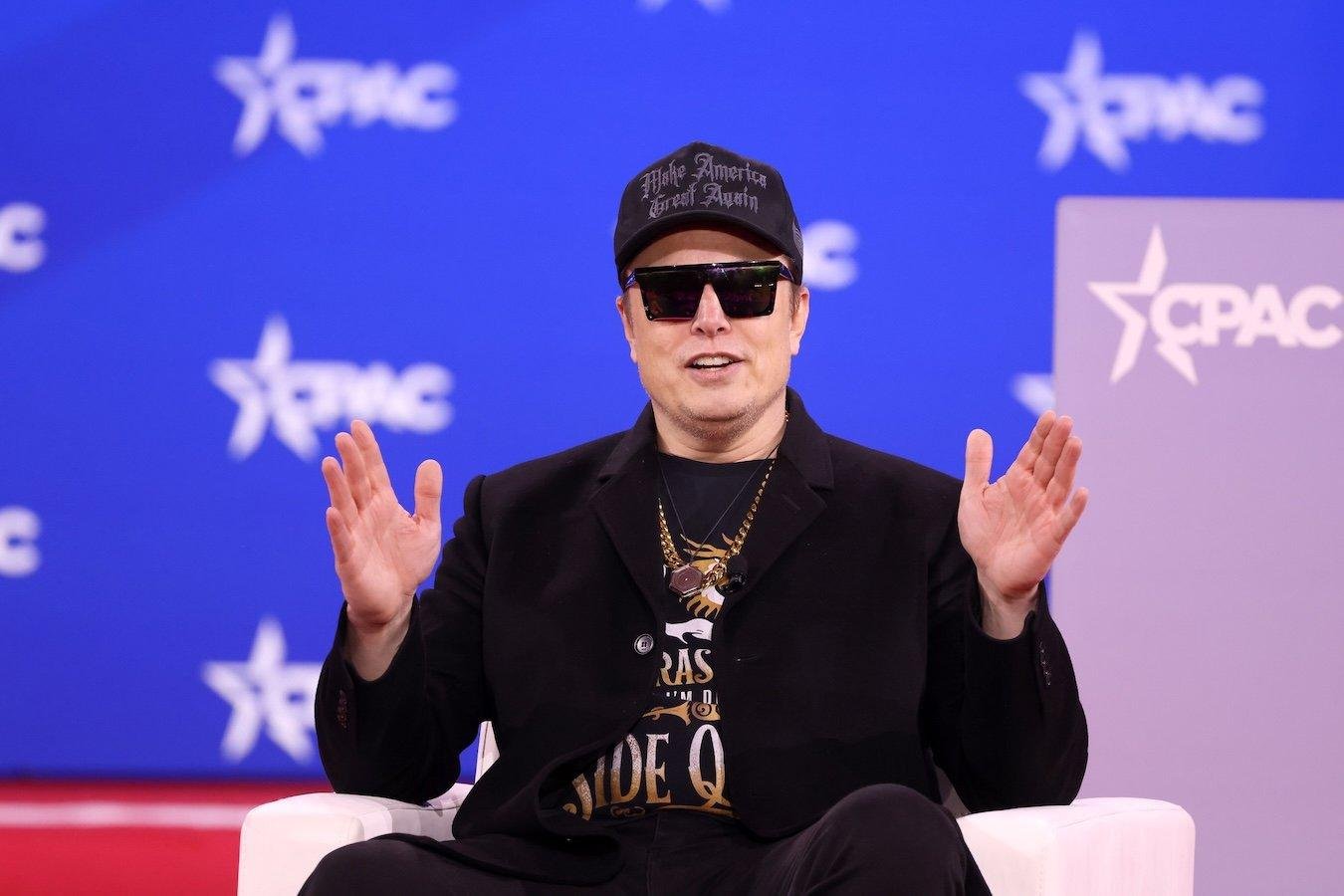Business
Microsoft Lures Governments with Freebies—Is Starlink Following Suit?

ProPublica, a Pulitzer Prize-winning investigative newsroom, continues to unveil intriguing relationships between technology firms and the government. Recently, a New York Times report reignited discussions on Starlink, the satellite internet service operated by Elon Musk’s SpaceX, which reportedly “donated” internet service to enhance connectivity at the White House.
This maneuver raised eyebrows among former officials, echoing a previous investigation focused on Microsoft’s dealings with the Biden administration. ProPublica’s investigation highlighted a common understanding: “free” offers often come with hidden costs.
In 2021, Microsoft offered the federal government free cybersecurity upgrades, a gesture that coincided with President Biden’s push for enhanced national cyber defenses. However, this act was more than altruism; it was a calculated strategy to retain customers post-trial period, revealing a profit-driven agenda. Once agencies adopted the upgrades, switching to competitors became prohibitively expensive.
Former employees likened Microsoft’s strategy to a drug dealer providing samples to hook users. Indeed, after the free trials expired, many federal entities chose to continue with Microsoft, resulting in significant revenue increases for the company.
Microsoft asserts that its dealings were ethical and compliant with federal regulations, aimed solely at strengthening national cybersecurity. Yet, experts assert that such practices undermine competitive bidding processes integral to government procurement, limiting opportunities for other companies.
Following the Times article on Starlink, experts were quick to comment. Jessica Tillipman, associate dean for government procurement law studies at George Washington University, remarked on the troubling nature of bypassing competitive processes in favor of “donations.”
The traditional bidding process ensures that the government receives quality products at competitive prices. However, giveaways like Starlink’s undermine this system. Commerce Secretary Howard Lutnick was quoted advocating for the normalizing of such practices, suggesting that companies providing free products shouldn’t have to navigate the standard vendor processes.
Since taking office, Musk has positioned himself as a significant provider of services to the government. His recent donation to the White House marks another instance of this trend, including a shipment of 4,000 terminals to the FAA at no cost.
While Microsoft leveraged the Antideficiency Act’s exemption for “gratuitous services,” it remains unclear whether similar agreements exist for Starlink’s offerings. The White House and FAA have yet to respond to inquiries regarding the legality and documentation of these donations.
Despite potential legal compliance, experts like procurement specialist Eve Lyon caution against the ethical implications of such arrangements. Accepting these gifts can create long-lasting obligations, leading to vendor lock-in and restricting future competitive options.
Starlink’s trajectory remains to be seen, but Microsoft’s example serves as a cautionary tale. As the federal government increasingly leans on companies for essential services, the impact on competition and innovation may prove significant. A recent document from the Defense Information Systems Agency highlighted a direct order to Microsoft, suggesting concerns over the costs and complications of switching providers.


















